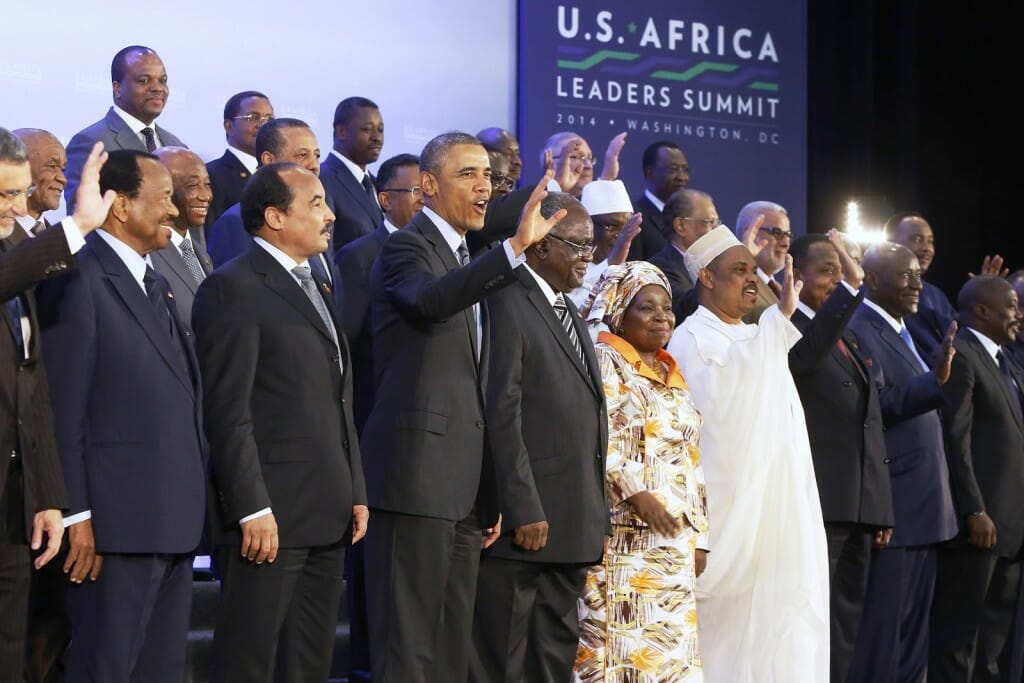2nd U.S.-Africa Leaders Summit gets underway in Washington

BY JIBRIL TURE, SPECIAL ENVOY TO THE SUMMIT
As a culmination of the strengthened U.S.-Africa relations ushered in by the Biden administration in stark contrast to the previous administration’s outright disdain for the continent, the Second U.S.-Africa Leaders Summit announced last November by President Biden got underway today in Washington.
“The United States stands ready now to be your partner in solidarity, support and mutual respect,” said President Joe Biden on February 6, 2021 in a message delivered by video to African leaders meeting in the context of the African Union annual summit. Arguably by a calendar’s coincidence, it was President Biden’s first speech to an international forum, only two weeks after he took charge.
U.S. Secretary Antony Blinken’s several face-to-face meetings with African leaders on the continent and in Washington, coupled with his staff’s similar engagements with African officials, are living proofs that the expletive uttered by Biden’s predecessor about Africa is a thing of the past—despite Africa’s continued struggle with its economies, governance and democratic deficit.
As one could expect, this first day of the mega meeting is busy. Click here for details.
When the White House announced on November 19, 2021 President Biden’s plan to convene the summit, the announcement stressed that the summit will, among things, “serve as an opportunity to listen to and collaborate with African counterparts on key areas the United States and Africa define as critical for the future of the continent and our global community.”
This mega meeting between an American president and heads of states from across Africa is the second time in history that dozens of African heads of state gather in Washington, making it necessary to create a new traffic pattern to accommodate the summit proceedings and side-events, attracting huge crowds of information-hungry reporters.
If in 2014, in the context of the First U.S.-Africa Leader Summit, the United States pledged a financial commitment of $37 billion for Africa covering several areas, another one of $7 billion in new financing under the Doing Business in Africa Campaign—an initiative aimed at supporting U.S. trade and investment in Africa over two years—with Obama’s “Power Africa” already mobilizing more than $26 billion at that time, one should expect more from the Biden administration 8 years later.

